Meal Prep for Beginners: 5 Tips for Practical Meal Planning
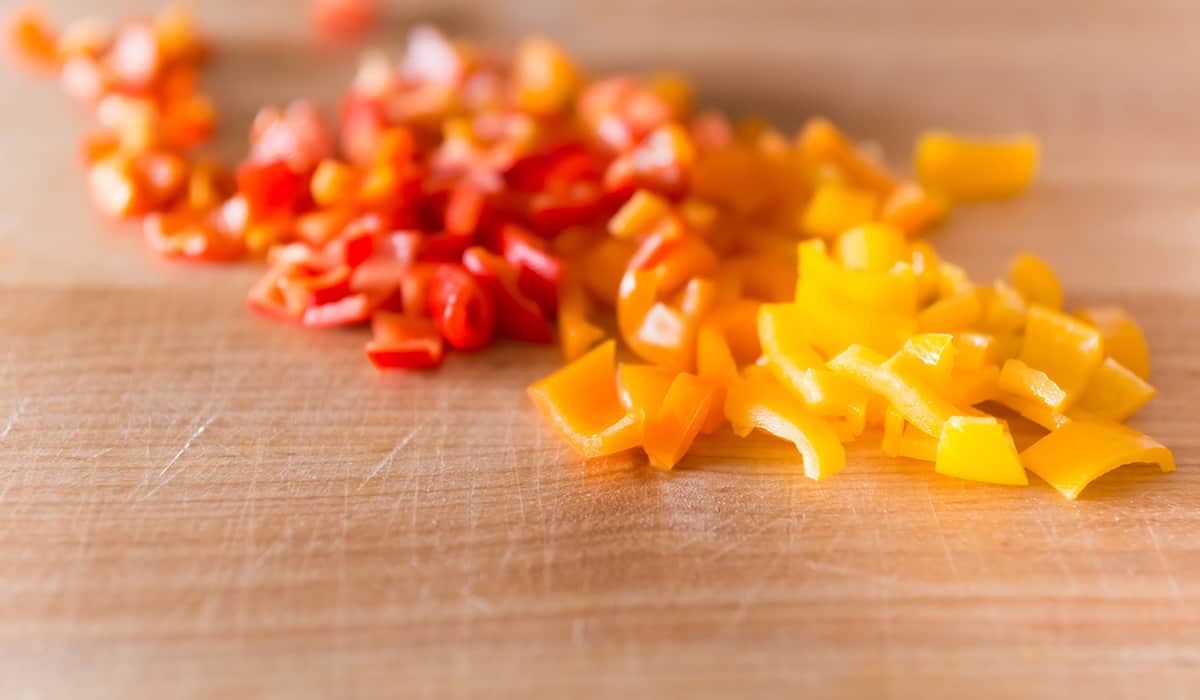
The purpose of meal planning is to make your life a little easier during the hectic weekdays and keep you eating healthy. Of course, the easiest way to ensure both of those things is to cook your meals for the week ahead of time. Well, many meal plans want to provide variety, which is understandable, but it’s not functional in real life, and especially not for meal prep beginners. Unless you’re cooking for at least three people, that chicken casserole you made for Monday night is not going to be gone by Tuesday evening.
Instead of approaching meal planning in this way, it’s better to do it in a practical way that will save you time, money, and a splitting headache. Follow these tips for meal planning the practical way the next time you get ready to prep your meals.
1. Be Repetitive
Don’t go overboard trying to have a lot of variety in your meals for the week. It’s honestly not necessary. You’re better off keeping everything simple. Instead of trying to plan roasts, casseroles, and pasta dishes, stick to simple protein, veggie, and grain combinations. Choose two proteins you enjoy and enough vegetables and fruits to feed you through the week, and then switch up your combinations to keep it interesting.
It’s better to alternate between eating chicken with green beans and fish with mashed cauliflower all week long than to whip up four different dishes and watching half of each go bad. When it’s between variety and ease, go with ease every time. Your wallet and your time will thank you for not trying to do too much.
2. Half Your Workload
You have two options when it comes to meal prepping. You can cook, chop, and prepare everything in one day (Sunday is usually the best for that) or you can prep meals in two segments three days apart. Depending on the produce you choose, it can be better to separate the cooking into two sections so that you have less spoiled food towards the end of the week.
When you cook meals for Friday on Sunday, you run the risk of certain veggies becoming mushy before you have a chance to eat them. Even chopping some vegetables ahead of time to cook later can lead to premature ripening. To avoid this, try cooking enough protein, veggies, and grains to last you through Wednesday, and then cook for the rest of the week on Wednesday night.
This is the best method I’ve found for avoiding wasted food. You never know when you might need to eat out unexpectedly, or need to head out of town for a day or two. Not cooking all of the food ahead of time makes it much easier to handle these unexpected curve balls because you won’t have to worry about whether or not the food is still edible the next day.
3. Go Raw
Cooking meals ahead of time is great and delicious, but not everything needs to be cooked. Meal prepping is a lot easier when you leave some vegetables and fruits to be eaten raw. Chop some carrots, bell peppers, celery, broccoli, and any other veggie you like raw to snack on in between meals or toss together in a salad. Incorporating more raw veggies and fruits into your diet significantly decreases your prep time.
You can still cook those vegetables later if you end up changing your mind, but the important thing is you saved some time earlier in the week.
4. Keep it Simple
Elaborate recipes are fun to try out, but when you’re meal planning, they can be too much of a commitment. You don’t need to cook fancy dishes every week. They typically take up way too much time and require ingredients that you won’t use the rest of the week. All of that adds up to wasted money, food, and time in the kitchen.
When you’re meal planning for yourself, it’s best to keep everything simple and manageable. Every week, I just cook my protein of the week with some salt and pepper and steam my vegetables. Save the fancy recipes for special occasions.
Plus, you can always sign up for a meal delivery service — like HelloFresh, Green Chef, or Blue Apron — and meal planning ingredients are delivered right to your door!
5. Divide and Conquer
To make your life even easier, divide up snacks you can eat for the week on your prep day. You’re already making breakfast, lunch, and dinner easier on yourself, so you might as well make snack time easier as well. Divide up bags of nuts, wash and chop (if necessary) any fruits you’d like to eat between meals, and separate dips, like hummus or nut butters, into serving appropriate containers to be eaten with fruits and veggies. If you’re feeling fancy, mix up some trail mix. That’s as complicated as it needs to get.
Having snacks already prepared will make your days much easier, especially if you’re always rushing around. Your mornings will be just a little bit more streamlined when you can grab one or two snacks out of the kitchen to toss in your bag before you head out the door. The biggest bonus in having snacks ready to go is that you can avoid the dreaded hanger if you find yourself stranded in stand-still traffic when hunger strikes. I don’t think I’m exaggerating when I say prepped snacks save lives.
Follow Terra on Instagram: @terrabrown3
Last modified on May 12th, 2017


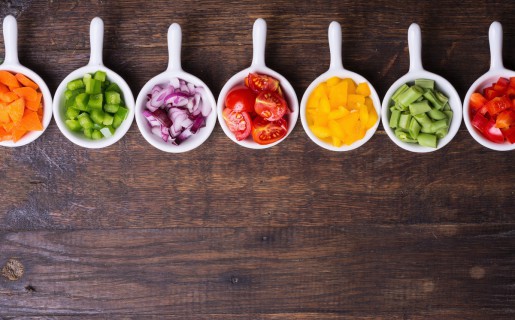
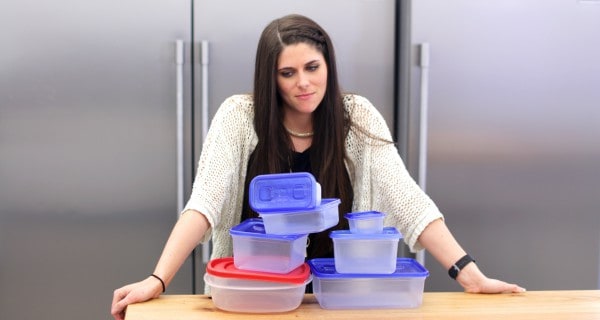
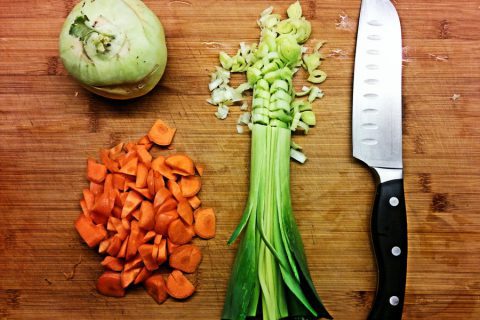
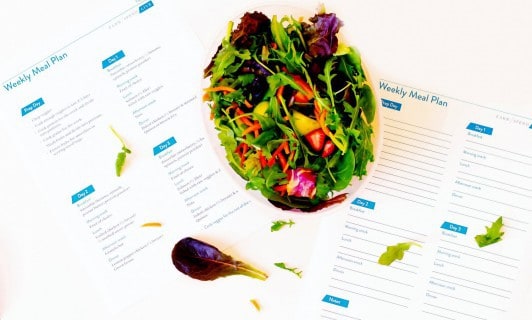
Show Comments +